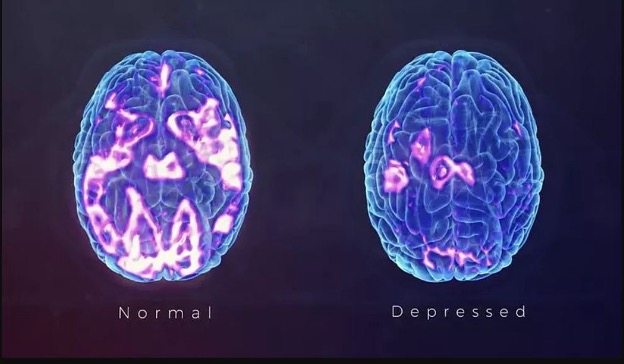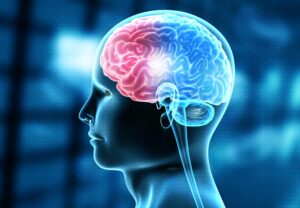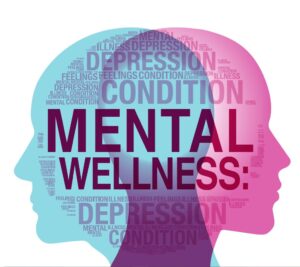
Living in a black hole
Living in a black hole.
Feeling down from time to time is a normal part of life, but when emotions such as hopelessness and despair take hold and won’t go away, you may have depression. More than just sadness in response to life’s struggles and setbacks, depression changes how you think, feel, and function in daily activities. It can interfere with your ability to work, study, eat, sleep, and enjoy life.
Just trying to get through the day can be overwhelming.
Some people describe depression as “living in a black hole” or feeling impending doom. Others feel lifeless, empty, and apathetic.
While living under these circumstances, you may think there will be no way out.
But know this: No matter how hopeless you feel, you can get better. By understanding the causes and recognizing the different symptoms and types of depression, you can take the first steps to feel better and overcome the problem.
Over 16 million people in the U.S. suffer from depression, and more than 4 million people are not satisfied with their current treatment with antidepressant medication.
Also, if it wasn’t enough, depression comes in many shapes and forms. While defining the severity (mild, moderate, or significant) can be complicated, knowing what type you have may help you manage your symptoms and get the most effective treatment.
Important fact: If depression appears to be in control of your life, you are not alone.

Personalized Digital Therapeutics for Mental Health & Performance. Neurocare helps individuals to improve their self-regulation and hence is a sustainable solution. The Neurocare Group provides Digital Therapeutics and Teletherapy, and our vertical integration and know-how in Science, Neuromodulation Technology, and clinical SOPs are unique.
Our global Neurocare centers are actively working to discover new and better treatment options for mental disorders. Our research is already having a positive impact on patient care.
Why TMS Therapy?
As we mentioned before, TMS (Transcranial Magnetic Stimulation) therapy is an advanced technique that uses pulsed magnetic technology, similar to an MRI-strength magnet, to stimulate areas of the brain with low metabolic activity.
TMS is primarily used to treat major depressive disorder (MDD), ADHD, OCD, and Sleep Disorders. In addition, TMS is generally recommended for those who haven’t found relief from medication and psychotherapy.
It is safe and effective.
During treatment, the patient hears a clicking sound and feels a tapping sensation on the head. The most common side effect is generally mild-to-moderate pain or discomfort at or near the treatment area during the session. When this occurs, it is temporary and typically occurs only during the first week of treatment.
Also, TMS Therapy is Free of systemic side effects that you would see with taking medications, including: abnormal ejaculation, anxiety, constipation, daytime drowsiness, decreased appetite, decreased libido, diarrhea, dizziness, dry mouth, fatigue, headache/migraine, impotence, increase appetite, increase weight, insomnia, nausea, nervousness, sweating, discontinuation side effects, tremors, and weakness.
Medication is not the only option; at Neurocare Centers of America, we want you to have more opportunities to live a healthy and enjoyable life.
Latest Article


Can Stress Cause Depression?

Why are Some People on Antidepressants Still Depressed?

What does TMS do to Your Brain?

How to Support a Family Member with Depression?

